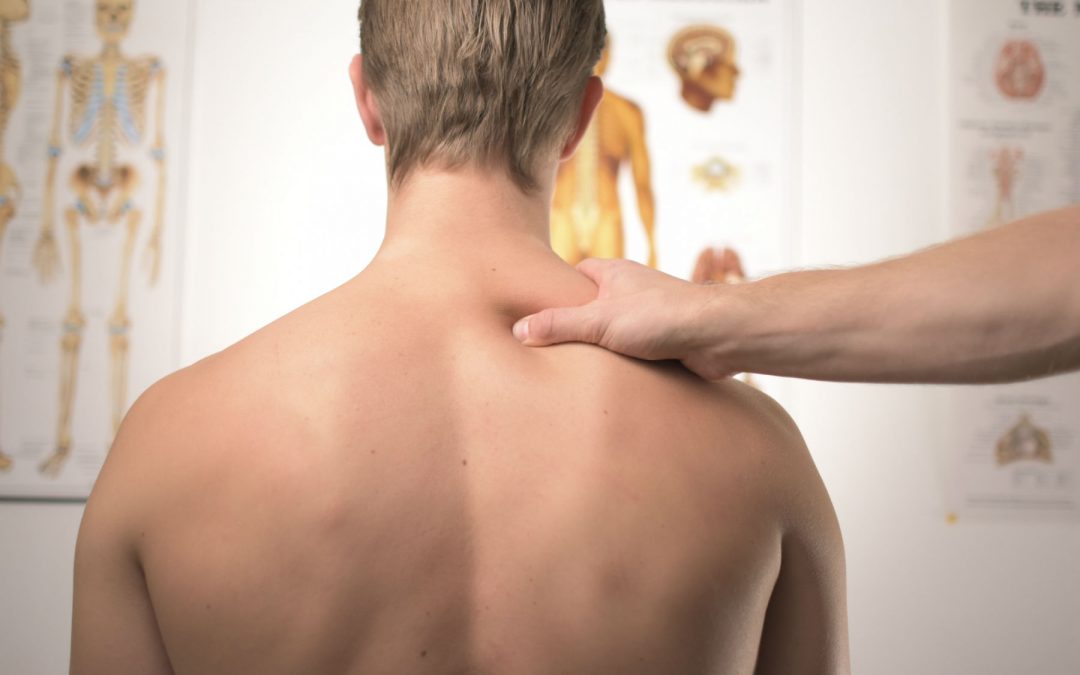Keeping Aging Muscles Fit Is Tied to Better Heart Health Later
For men at least, entering middle age with plenty of muscle may lower the later risk of developing heart disease by more than 80 percent.
How much muscle you have now could indicate how healthy your heart will be later, according to an interesting new study of muscle mass and cardiovascular disease. The study finds that, for men at least, entering middle age with plenty of muscle lowers the subsequent risk of developing heart disease by as much as 81 percent, compared to the risks for other men.
These results add to the growing evidence that building and maintaining muscle is essential for healthy aging, while also underscoring that the impacts may be different for women and men.
Skeletal muscle is, of course, one of the body’s most versatile and active tissues, providing the strength and power we need to grasp, reach, lift and stride. Muscle is also critical for our metabolic health, slurping and storing blood sugar and producing specialized hormones that move to other tissues, like the brain and fat cells, where they jump-start various biochemical processes.
But our muscle mass almost invariably declines as we grow older, with the loss often starting when we are in our 30s or early 40s and accelerating as we pass through midlife. Severe muscle loss, known as sarcopenia, is associated with frailty and other medical conditions in the elderly, along with loss of independence and premature death…
Building Muscle After 50 – The Definitive Guide
Preserve Your Muscle Mass
Declining muscle mass is part of aging, but that does not mean you are helpless to stop it.
Age-related muscle loss, called sarcopenia, is a natural part of aging. After age 30, you begin to lose as much as 3% to 5% per decade. Most men will lose about 30% of their muscle mass during their lifetimes…
4 Keys to Getting Shredded After 50


Recent Comments